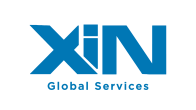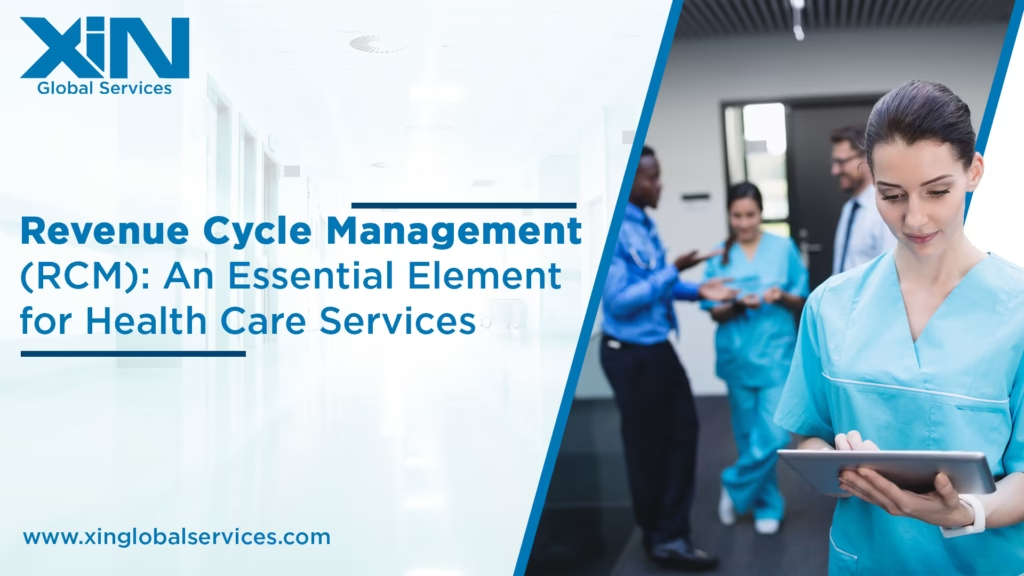Essentials of Healthcare Services in RCM
The current healthcare services delivery systems, therefore, require the integration of revenue cycle management (RCM) to effectively balance the cost of providing quality healthcare and patient care. In this context, RCM entails the entire life cycle of affordability within healthcare organizations, commencing the moment a patient approaches the healthcare system and ending with the total payment received.
Revenue Cycle Management (RCM)
RCM covers the complete spectrum of the healthcare finance cycle, from enrolling patients’ details to the final step of collecting payment.
The process of RCM consists of the following major steps:
- Patient Registration and Pre-Registration: This activity focuses on gathering patient information and insurance details to prepare the necessary bills.
- Medical Coding: The process of medical coding encompasses the transformation of services provided and diseases diagnosed into specialized enumeration systems.
- Claims Submission and Follow-Up: After completing the coding, healthcare services providers submit claims to insurance sources for reimbursement.
- Payment Collection: The final step is collecting payments from insurance sources and, when necessary, directly from clients/patients.
Healthcare service providers must perform these processes correctly to remain operational and comply with relevant laws.
The Significance of RCM in Healthcare
Without efficient RCM processes, healthcare services providers will likely face financial challenges. Here are some key reasons why RCM is crucial:
- Reduction in the Turnaround Time for Reimbursement: To ensure timely and accurate payments, proper billing and coding are essential. Inaccurate coding or billing errors can result in claim rejections, reducing the revenue of healthcare services providers.
- Fewer Days in Accounts Receivable: Shortening the revenue cycle speeds up payment collection and claim processing, improving cash flow and helping healthcare providers maintain financial stability.
- Maintained Revenue Maximization: Clear and transparent billing directly impacts patient satisfaction. Avoiding billing errors and providing simple, easy-to-read explanations helps reduce mistakes and improve satisfaction.
- Meeting compliance requirements: Healthcare regulations frequently change, and maintaining compliance is essential. A strong RCM ensures that all billing processes comply with current regulations.
- Decreased Administrative Cost and Operational Effectiveness: Simplified RCM reduces administrative workload, allowing those responsible for patient care to focus more on delivering that care.
The Future of RCM
Ongoing technological advancements and the broader shift toward value-based care will shape the future of RCM.
Here are some anticipated developments:
- New Technologies: RCM will integrate more automation, AI, and machine learning to improve speed and accuracy.
- Organizational Silos: RCM success requires close collaboration between clinical care, billing, and administration.
- Actionable Data: RCM will provide data-driven insights, such as patient demographics and claim analysis.
- Evolving Payment Models: As value-based care grows, RCM must capture more metrics, including patient outcomes and quality measures, to ensure fair reimbursement.
Emerging trends in RCM.
- Value-Based Care: Remuneration models now focus more on patient care, shifting RCM towards quality and outcome-based service management.
- Patient-Centered Billing: As patient financial responsibility grows, clear bills and effective bad debt management become crucial.
- Automation and Technology: Automating tasks like coding and claims submissions improves efficiency and reduces turnaround time.
- Predictive Analytics: Helps avoid billing issues and denials, improving cash flow.
- Patient Financial Responsibility: With higher out-of-pocket costs, RCM systems drive active outreach and alternative billing methods to encourage timely payments.
Conclusion:
The Revenue Cycle Management (RCM) function is central to the healthcare system, as it impacts both financial performance and patient experience. Consequently, RCM plays a crucial role in ensuring the efficiency and success of healthcare services organizations. Advancements like automation, predictive analytics, and value-based care enhance RCM’s role as a key driver of business success.
By adopting advanced technologies and coordinating resources to improve patient experience, healthcare practices can keep their revenue cycle optimal, compliant, and aligned with current trends.



